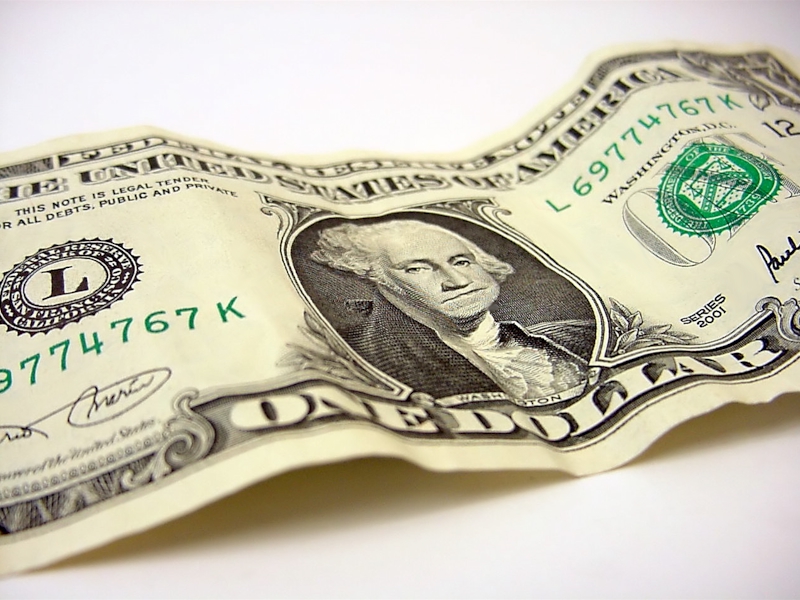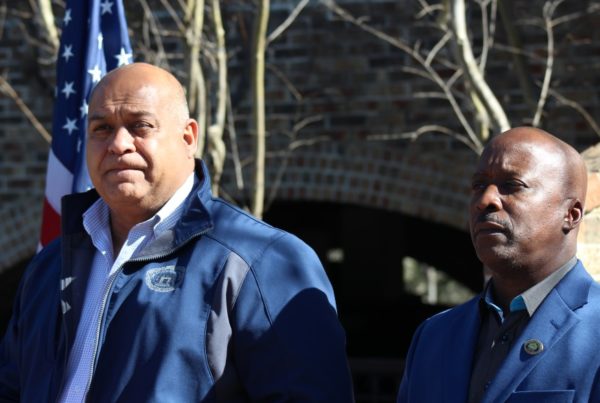For years, the Federal Trade Commission has sought to recover ill-gotten gains from companies who cheat consumers. But in a 9-0 decision last week, the U.S. Supreme Court ruled that the FTC cannot collect such damages. The commission’s chief says the Court “ruled in favor of scam artists.”
Brent Kendall, legal affairs reporter for The Wall Street Journal’s Washington bureau, told Texas Standard that the FTC’s goal in dealing with companies that defraud consumers has been to stop the conduct, and then to recover money that was stolen.
“What the Supreme Court said is … the way the law was written, which dates back to the ’70s, doesn’t actually allow you to [recover money,]” Kendall said.
In its ruling, the court said the solution would be for Congress to write a new law to allow the FTC to collect money from fraudsters.
Kendall says many courts have responded to previous cases as though the FTC did have the power to recover funds, but that was beginning to change. The case at issue in last week’s decision came at a time when the FTC was being more aggressive about collecting stolen money.
“When lower courts start to be in disagreement is often when the Supreme Court steps in,” Kendall said.
Kendall says the unanimous Supreme Court ruling might seem surprising, but that the court’s approach to interpreting statutes has changed over time.
“Back when this relevant law was passed in the ’70s, courts implicitly read a lot more power into the law in terms of what administrative agencies can do,” he said. “And now, as the courts has moved in a more conservative direction over time, you’ve seen judges really stick to the language of the law.”
Until and unless Congress acts, the FTC can sue businesses for defrauding customers. If the fraud continues after the agency won such a suit, the business could be held liable for damages – but only for fraud committed after the judgment.














